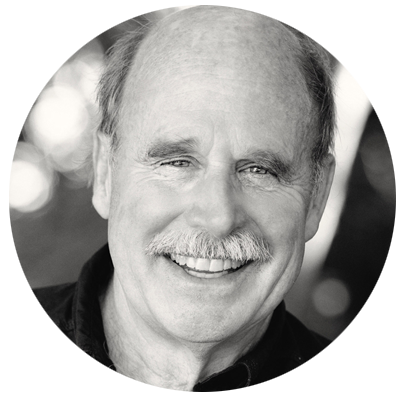Innovation Foresight
Identifying long-term Science/Technology trends and their business/policy implications

COURSE OVERVIEW
This executive education course will present a framework for understanding the process of how new technologies emerge and diffuse with an emphasis on translating insights into business/policy applications. The course will employ the AI field as a central case study illustrating the overall process as well as a focal area for identifying future AI trends and impacts, with a focus on opportunities for Dubai.
Participants will be able to identify how specific technological innovations are likely to mature through a selected framework and will be able to frame the resulting trends in order to reveal critical societal/policy impacts. Through group engagements, participants will learn how to work with three critical time frames: two years, 10 years and 30 years, exploring how both the forecast and implications exploration process differs for each.
Facilitator

Adjunct Professor, Stanford University
Paul is a Silicon Valley-based forecaster who studies the dynamics of large-scale, long-term technological change and advises corporate, NGO and governmental clients worldwide. He is an Adjunct Professor in Stanford’s School of Engineering and previously was Chair of Future Studies at Singularity University. Paul is also a non-resident Senior Fellow at the Atlantic Council, and a Fellow of the Royal Swedish Academy of Engineering Sciences. Paul was the founding Chair of the Samsung Science Board, and has served on the technology advisory boards of AT&T and Motorola, as well as the boards of a range of public and private companies. Paul holds degrees from Harvard College, Cambridge University, and Stanford University.
Pre-requisites:
None
Delivery Format:
Physical
Language:
English
Date:
18 November 2024
Time:
9:00 AM – 4:30 PM
Location:
Emirates Towers, 3D Office
Target Audience:
Executive Management, Directors, Strategy, Innovation, Foresight or Program Management roles
Rating:
Fees:
AED 3,990Per Participant
COURSE OUTLINE
- Welcome & Introduction
- Innovation Foresight
- Interactive Case: Model applied to current AI developments
- Thinking across Time: two years, 10 years and 30 years as key time frames for assessment
- Two -year innovation dynamics
- Understanding inflection and transform points and logistics curves. Review & close
- Ten-year innovation dynamics: policy and market opportunities
- 30-year innovation dynamics: attracting and building the industries of the future
- Thinking across time frames and review of critical sci/tech areas
- Technology sequence analysis, Systems thinking and leverage points
- Strategy formulation
- Review & close
Learning Objectives
Learning Objectives
- Present a formal Innovation Foresight framework for understanding how new technologies emerge and evolve as a tool for anticipating opportunities and challenges.
- Apply three key Innovation Foresight methodologies: Technology Sequence analysis, Diffusion Theory and Cross-Impact Analysis.
- Define participants with a specific aspect of systems theory (Leverage Point analysis) as a tool for identifying strategy inputs.
- Outline current AI developments in historic context as a case study of how technologies evolve and create policy and entrepreneurial opportunities
- Explain specific Systems Thinking approaches as tools for policy formulation
- Identify and explore specific science/technology areas that hold particularly important implications for Dubai in terms of both opportunities and challenges.
Learning Outcomes
- Identify and assess critical science/technology trends
- Translate exponential trends into specific policy implications and strategy.
- Apply foresight innovation to identify critical challenges and opportunities affecting business, culture and society
- Develop time-based policy and strategic inputs based on two, ten and thirty-year time horizons in a form that can be integrated into decision making processes.
- How to map deep shifts affecting business, culture and society
AGENDA
Participant will be awarded a certificate upon completion.
For any support and inquiries, please contact: [email protected]